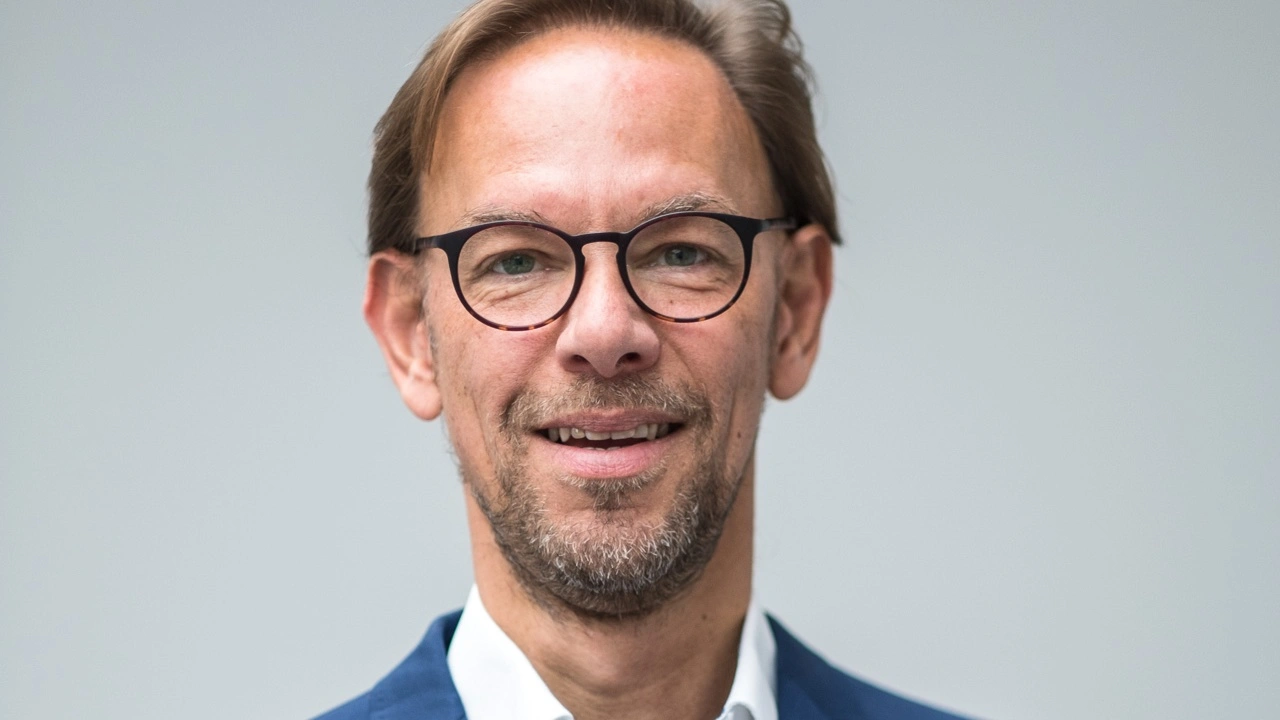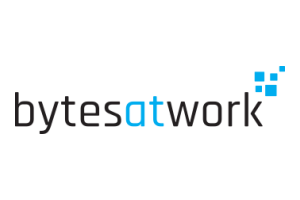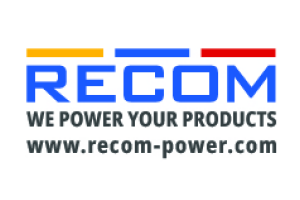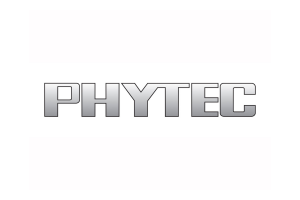National Instruments and SET go together
»It's a 'perfect fit' for everyone involved«
Fortsetzung des Artikels von Teil 1
What happens next with SET?
Mr. Heidemann, you founded SET in 2001 and developed it into a solid medium-sized company with around 100 employees. Now you are part of a major US corporation. How are you doing with that?
Frank Heidemann: Excellent! You can start, run and grow a company, but you also need a future and a safe haven for such a fast-growing company because you have the responsibility for the employees, the customers and the company's success. What better way to do that than to find two companies that are such a great fit culturally and technologically, giving the employees, the technology and the customers peace of mind that everything is set for the future? For me, this is a great milestone.

Will SET continue as a company or will it become a business unit under the NI umbrella?
Frank Heidemann: The company name and legal entity of SET GmbH continues to exist as it was. Our focus is to find the best solution for a strong common future and to give technology and people the opportunity to grow. We want to grow well together as companies and drive projects, technologies, and the market together. How that develops in the future and what turns out to be the best solution along the way, we will see and then make the appropriate decisions. But these are not topics that are on the table for us now. Our focus is currently on serving our customers and driving the best possible technology growth. What is certain, however, is that we will be seeing the SET brand for a long time to come.
How have customers reacted to the takeover and what are the benefits for them?
Frank Heidemann: The feedback from customers is consistently positive. Our power semiconductor customers have seen the benefit directly of now having the global support of a large company, which we as a company with 120 employees simply could not offer in this way. The cooperation with these customers is developing very positively as a result. On the aviation side, a similar phenomenon can be observed, but there it is more technology driven. Our aerospace customers, especially in Tier 1 and OEM, are seeing the National Instruments platform converge with SET's technology, and they can now better leverage that bandwidth because the partner is getting bigger, and the risk is getting lower.
Ms. Favre, what is the situation with NI customers? How have they reacted to the fact that the SET portfolio is now also available via NI? What advantages do your customers have as a result?
Ritu Favre: As we are expanding the portfolio for our customers through SET, we are offering our customers the opportunity to procure a wide range of test solutions through one channel and to receive support from a single source. We can now offer an integrated solution from IC validation, power module testing to whole to inverter test solutions. This naturally offers advantages for our customers and is very well received.
What will then change in terms of SET's content orientation? Will you intensify or reduce your involvement in one market segment or another?
Frank Heidemann: We will continue to focus on Reliability Testing of Power Semiconductors and Aerospace Verification & Validation, both of which are experiencing strong growth. As we were already positioned with a clear focus before, we can now significantly intensify our commitment in these areas through this collaboration.
What are the next steps?
Frank Heidemann: At the moment, our teams are busy getting to know each other even better, aligning the offerings and optimizing collaboration. This process is taking a while, but we are already seeing the first successes: the integration of the IT systems is significantly improving collaboration. We can communicate with each other very quickly, have the same information on the table and can easily find the right people in the company for our concerns. This shows us that we can use great synergies in this process to be even more successful together.
Where do you see NI and SET in the future?
Frank Heidemann: We see a very successful path for us in the future and the market also confirms that we can grow significantly faster together with the expanded portfolio of solutions in the power semiconductor segment. We will be able to offer not only reliability but also EOL solutions for a very large customer base that precisely needs this stability of a large company. In the aerospace sector, we are already seeing the synergies where collaboration is boosting us, and customer acceptance is significantly higher. Here, too, there will be strong growth and we are very confident that we will be able to gain market share together.
As part of NI, SET will continue to drive innovation, be heavily involved in AQG 324, and offer the Reliability Round Table as a platform for the industry. We will be able to focus even more on innovation, development, and advancement, because our combined strengths naturally give us a much higher innovation potential to drive technologies forward.
- »It's a 'perfect fit' for everyone involved«
- What happens next with SET?











